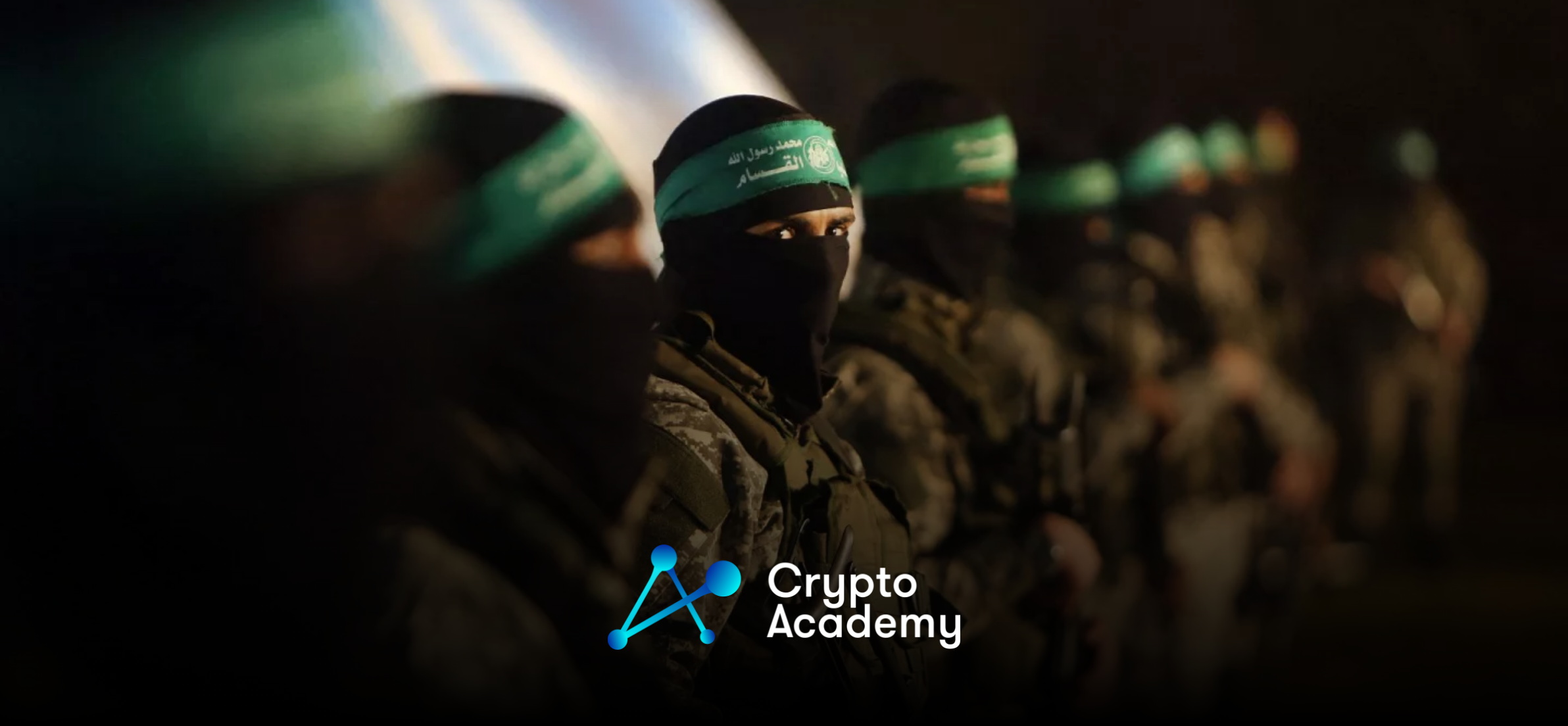In the aftermath of last weekend’s attacks by Hamas on Israel, a critical question has emerged: how did the militant group manage to fund its operations? Remarkably, cryptocurrencies have been highlighted as a pivotal element in their financial strategy. According to Israeli seizure records and blockchain analytics, Hamas, along with Palestinian Islamic Jihad (PIJ) and Hezbollah, garnered substantial funds through cryptocurrencies. Specifically, Hamas pocketed approximately $41 million in cryptocurrency over the last two years, based on data from Tel Aviv-based analytics firm BitOK.
Intriguingly, this modern form of financing has managed to evade the traditional monetary system, which is laden with scrutiny and regulation. Consequently, Israel and the U.S. find themselves grappling with a digital-age dilemma: how to cut off terrorist funding that has gone digital? Both countries have deployed extensive measures to sever the financial lifelines of these militant groups. However, these efforts appear to be running into walls of ones and zeros.
The Complexity of Crypto in Terror Financing
In today’s interconnected world, the covert benefits of cryptocurrency have not gone unnoticed by terrorist organizations. For instance, Israeli authorities have been unable to conclusively determine whether the crypto acquired by Hamas directly funded their recent violent activities. Also, while some crypto accounts have been frozen, the amount seized represents just a fraction of the total sums these groups have amassed.
Also Read: Israel-Hamas Conflict Implications for Crypto
Moreover, the U.S. Treasury Department noted last year that gaps in financial crime controls in crypto exchanges are avenues that could be exploited. Although Binance, the world’s largest crypto exchange, has been cooperating with Israeli authorities, the U.S. Justice Department is also investigating the company’s anti-money laundering controls. Therefore, it’s not only the untraceable nature of crypto but also the lack of strict regulatory oversight that presents challenges in combatting terrorist financing.
Cryptocurrency: A Multi-Tool in Terrorism
Despite crypto playing a role in their financial strategy, Hamas and its allies are not putting all their eggs in one digital basket. While cryptocurrency has been a significant component, it’s merely a piece in a larger puzzle. In addition to crypto, these groups have other funding sources, such as traditional financial support from Iran, estimated at around $100 million per year. Notably, Hamas has been soliciting crypto donations since at least 2019, emphasizing its understanding of the technology’s potential for anonymity and fast transactions.
Furthermore, blockchain analytics indicate internal transfers between these groups, signifying a networked approach to financing. Most notably, they predominantly used tether, a stablecoin pegged to the U.S. dollar, minimizing the volatility usually associated with cryptocurrencies. In a statement, Tether reiterated its commitment to anti-terrorism measures, including freezing related crypto wallets.
Anonymity & Transparency: The Duality of Blockchain
While cryptocurrencies offer a degree of anonymity that appeals to various entities, including militant groups like Hamas, the underlying blockchain technology ironically serves as a double-edged sword. Blockchain’s transparency allows every transaction to be publicly recorded and viewable, creating a trail that, if scrutinized, can lead investigators back to the original sender or recipient. In the case of Hamas and its allies, this digital footprint enabled Israeli authorities and blockchain analytics firms to link the wallets to these organizations. Hence, although blockchain offers an avenue for discreet financial activity, its inherent transparency also provides a crucial tool for authorities in tracking and potentially disrupting illicit funding streams.

